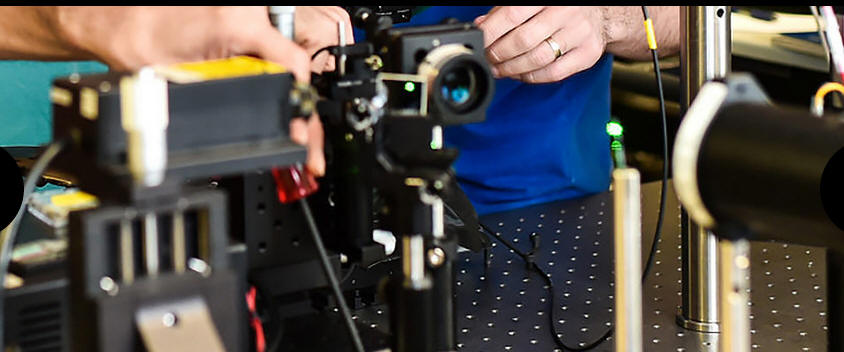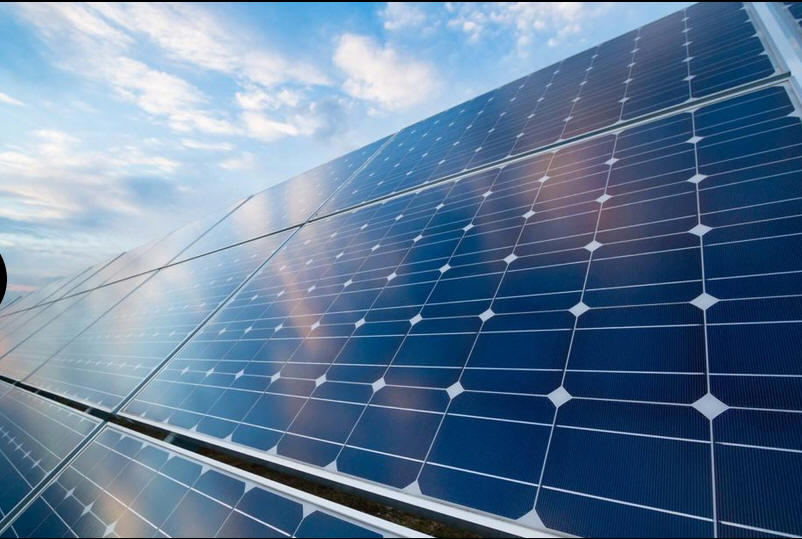 |
| Reviews and Templates for Expression We |
New technology makes solar panels 70% more efficient



The university research team, based in Haifa, Israel, has been working to improve solar cell efficiency as a means to increase the benefits of clean, renewable sources of energy. They created a photoluminescence material that absorbs radiation from the sun, and converts the heat and light from the sun into an “ideal” radiation. That illuminates the photovoltaic cell and enables a higher conversion efficiency. The net result is a big boost: a conventional solar cell’s 30 percent efficiency rate is increased to 50 percent.
“Solar radiation, on its way to the photovoltaic cells, hits a dedicated material that we developed for this purpose, the material is heated by the unused part of the spectrum,” said graduate student Assaf Manor, who led the study as part of his PhD work. “In addition, the solar radiation in the optimal spectrum is absorbed and re-emitted at a blue-shifted spectrum. This radiation is then harvested by the solar cell. This way both the heat and the light are converted to electricity.”
The team continues to work on their innovation, and is targeting a commercial product release within the next five years. The results of the study were recently published in the journal Nature Communications.
|
|
|
|
Copyright remains with the original authors |